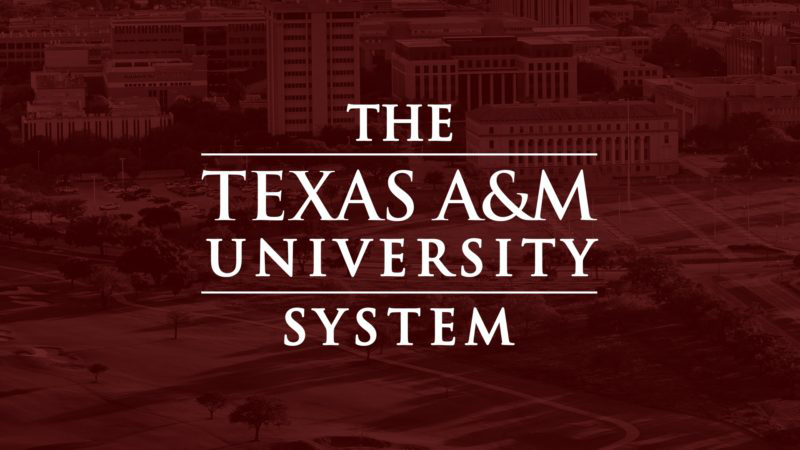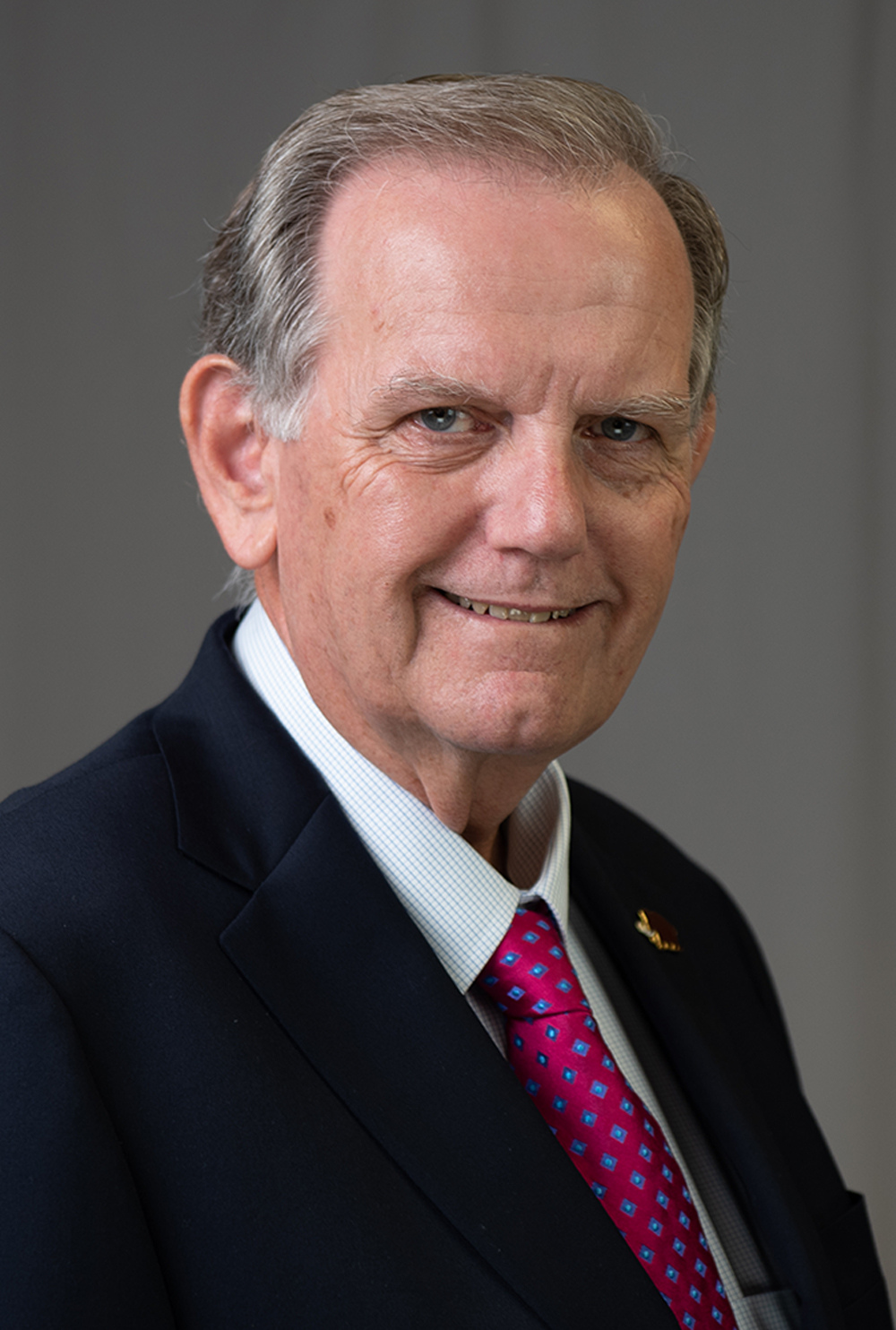
Two professors in the College of Arts and Sciences at Texas A&M University have been designated as Regents Professors for 2022-2023 by The Texas A&M University System Board of Regents.
Dr. Stephen Maren, a University Distinguished Professor in the Department of Psychological and Brain Sciences and holder of the Claude H. Gregory '64 Chair in Liberal Arts, and Dr. Michael R. Waters, a University Distinguished Professor in the Department of Anthropology and holder of the Center for the Study of the First Americans Endowed Chair, are among 14 A&M System faculty members who were nominated for the prestigious appointment, announced Thursday (Nov. 9) after being approved during the A&M System Board of Regents’ meeting held earlier that day on the Texas A&M campus. Thirteen agency service, extension or research professionals within the A&M System also were recognized with the Regents Fellows Service Award.
The Board established the Regents Professor Award program in 1996 to recognize employees who have made exemplary contributions to their university or agency and to the people of Texas. To date, 306 faculty members have been named Regents Professors.
Nominees must be full-time professors or senior-level professionals who have held that rank in the A&M System for at least five years and have produced a distinguished record of teaching, research and/or service. The selection process begins with a call for nominations from the chancellor, after which an internal selection committee is formed within each institution or agency. Final nominations are put forth to the chief executive officer of each respective entity and then subjected to a System-level review consisting of academic vice chancellors and past recipients of the awards. Finally, nominations are forwarded to the chancellor and the board for final approval.
Along with the perpetual Regents Professor title for the duration of their A&M System service, recipients are recognized with a commemorative medallion that is presented along with an inscribed nameplate and certificate encased in a hand-crafted wooden shadow box as part of a special ceremony, to be held in conjunction with an upcoming Board of Regents meeting.

Maren, who joined the Texas A&M faculty in 2012, is a Presidential Impact Fellow, a Dean’s Research Fellow in the College of Arts and Sciences, director of the Emotion and Memory Systems Laboratory and an affiliated faculty member in the Texas A&M Institute for Neuroscience. As a behavioral neuroscientist, he specializes in the neurobiology of learning and memory and has made several seminal contributions to uncovering the neurobiological basis of emotional learning and memory, particularly memory related to fearful experiences. His primary research interests are neural systems for emotion, learning, and memory; contextual regulation of memory encoding and retrieval; and fear, anxiety and PTSD. He has been continuously funded by the National Institutes of Health since 1995 and serves as current editor-in-chief of Behavioural Brain Research. Maren received his doctorate in neurobiology from the University of Southern California in 1993 and spent 16 years as a faculty member at the University of Michigan prior to coming to Texas A&M. A fellow of the American Psychological Association and Association for Psychological Science and a past president of the Pavlovian Society, he has been recognized with numerous awards, including the American Psychological Association Distinguished Scientific Award for an Early Career Contribution to Psychology (2001), the McKnight Memory and Cognitive Disorders Award (2015) and the D.O. Distinguished Scientific Contributions Award (2017).

Waters, a member of the Texas A&M faculty since 1986 who earned his Ph.D. in geosciences from the University of Arizona, is known for his expertise in First American studies and geoarchaeology. In addition to serving as director of the Center for the Study of the First Americans at Texas A&M, he is executive director of the North Star Archaeological Research Program. Waters' research focuses on understanding when the first people arrived to the New World during the last Ice Age, where they came from, how they adapted to the environments they encountered and how they ended up in the Americas. He is involved in the study of Clovis and Pre-Clovis archaeological sites across the country and the author of multiple books, including “Principles of Geoarchaeology: A North American Perspective.” A fellow of the American Association for the Advancement of Science and the Geological Society of America (GSA), Waters has received the GSA's Rip Rapp Archaeological Geology Award (2004) and Kirk Bryan Award (2003) as well as Texas A&M Association of Former Students Distinguished Achievement Awards for both Research (university-level, 2012) and Teaching (college-level, 1998). His research has been highlighted in cover stories in Scientific American (2011), Smithsonian Magazine (2013) and National Geographic (2015), in addition to being honored with a resolution by the State of Texas House of Representatives. The same work has been ranked by various prominent media outlets as among the Top 10 Hominid Discoveries of 2011 (Smithsonian) and the Top 100 Discoveries of 2014 (Time and Discover).
Find additional information on the Regents Professor Award and a list of past recipients.
